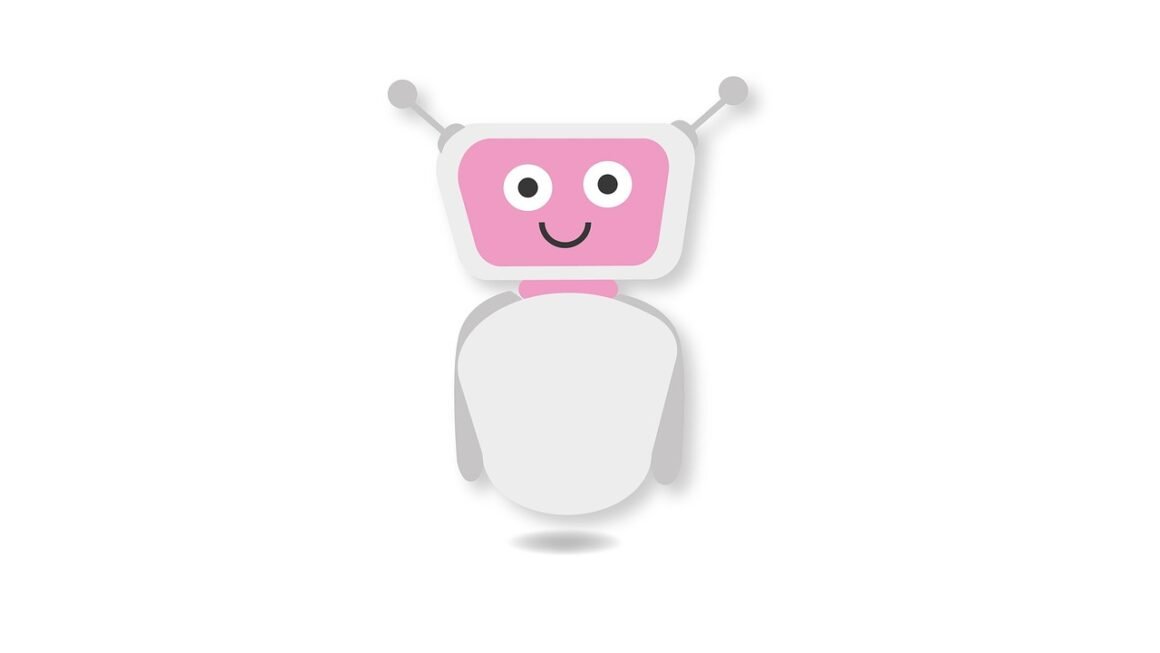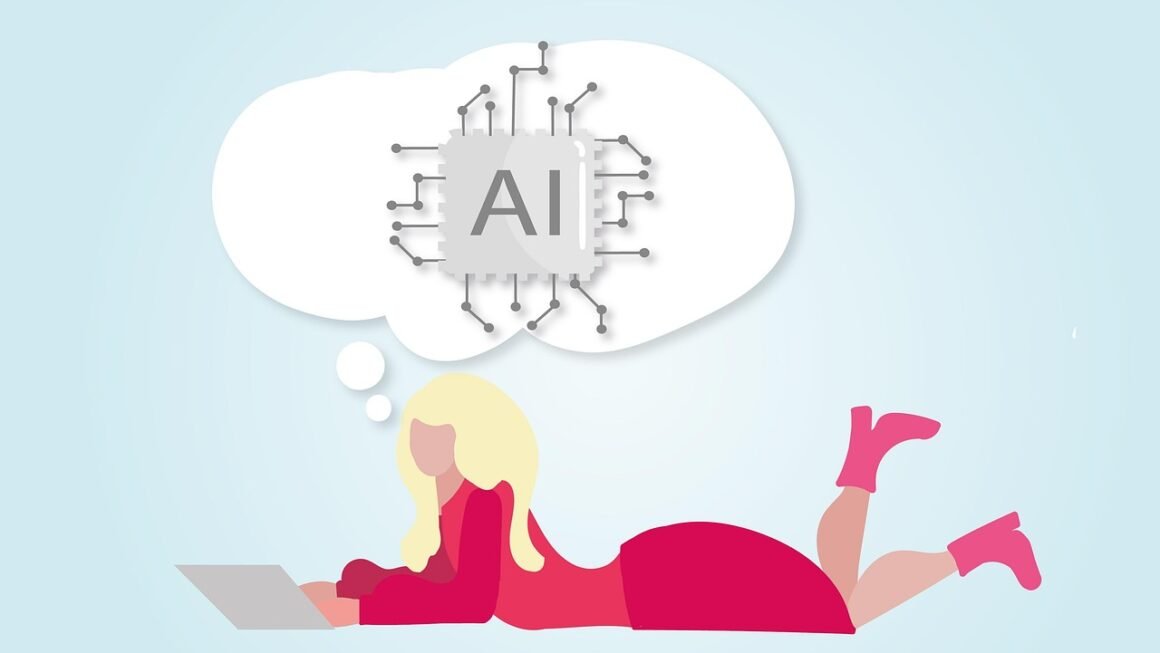Imagine having a digital assistant that anticipates your needs, automates routine tasks, and provides personalized recommendations, all without you having to constantly give explicit instructions. This is the promise of intelligent agents, sophisticated software entities designed to perceive their environment, reason about it, and act autonomously to achieve specific goals. From customer service chatbots to complex industrial control systems, intelligent agents are rapidly transforming how we interact with technology and the world around us.
What are Intelligent Agents?
Defining Intelligent Agents
Intelligent agents are autonomous entities, whether software-based or embodied in hardware (like robots), capable of perceiving their environment through sensors, processing information, and acting upon that environment through actuators to achieve their predefined goals. These agents are not simply reactive; they possess a degree of rationality, learning from experience and adapting their behavior to optimize performance. Key characteristics include:
- Autonomy: Agents operate without direct human intervention.
- Perception: They can sense their environment using sensors (e.g., cameras, microphones, data feeds).
- Reasoning: They possess the ability to process information and make decisions.
- Action: They can act on their environment (e.g., displaying information, controlling devices).
- Learning: They improve their performance over time through experience.
Types of Intelligent Agents
Intelligent agents come in various forms, categorized by their architecture and capabilities. Some common types include:
- Simple Reflex Agents: These agents react to perceptions based on predefined rules. They are simple and fast but lack the ability to handle complex situations.
- Model-Based Reflex Agents: These agents maintain an internal model of the environment, allowing them to reason about the state of the world and make more informed decisions.
- Goal-Based Agents: These agents have a clear goal they are trying to achieve and use planning and search algorithms to find the best sequence of actions.
- Utility-Based Agents: These agents go beyond simple goal achievement and consider the utility or “happiness” associated with different outcomes, allowing them to make more nuanced decisions.
- Learning Agents: These agents can learn from their experiences and improve their performance over time, adapting to changing environments and new information.
The Architecture of Intelligent Agents
Components of an Intelligent Agent
An intelligent agent’s architecture typically comprises several key components working together:
- Sensors: These devices collect information about the agent’s environment. For example, a chatbot might use text input as a sensor, while a self-driving car relies on cameras, lidar, and radar.
- Actuators: These mechanisms allow the agent to act on its environment. A chatbot’s actuator might be the text it displays to the user, while a robot arm uses motors as actuators.
- Knowledge Base: This repository stores information about the world, including facts, rules, and relationships. It enables the agent to reason and make informed decisions.
- Reasoning Engine: This component processes information from the sensors and knowledge base to determine the best course of action. It might use rule-based systems, machine learning algorithms, or other reasoning techniques.
- Learning Mechanism: This allows the agent to learn from its experiences and improve its performance over time. This can involve reinforcement learning, supervised learning, or unsupervised learning techniques.
Building Intelligent Agents
Developing intelligent agents often involves selecting appropriate technologies and frameworks. Python, with libraries like TensorFlow, PyTorch, and scikit-learn, is a popular choice for building AI-powered agents. Other options include Java, Lisp, and Prolog, particularly for symbolic AI approaches. The choice of technology depends on the specific application and requirements.
Applications of Intelligent Agents
Customer Service and Support
Chatbots powered by intelligent agents are transforming customer service by providing instant support, answering frequently asked questions, and resolving common issues. They can handle a large volume of inquiries simultaneously, reducing wait times and freeing up human agents to focus on more complex tasks.
- Example: A banking chatbot can help customers check their balance, transfer funds, or report a lost card.
- Benefit: 24/7 availability, reduced operational costs, improved customer satisfaction.
Healthcare
Intelligent agents are being used in healthcare to assist doctors with diagnosis, monitor patients’ health, and personalize treatment plans. They can analyze medical images, identify potential risks, and provide timely alerts to healthcare providers.
- Example: An AI-powered diagnostic tool can analyze X-rays to detect signs of pneumonia.
- Benefit: Improved accuracy, faster diagnosis, personalized care, remote patient monitoring.
E-commerce and Recommendation Systems
Intelligent agents analyze user behavior and preferences to provide personalized product recommendations, optimize pricing, and improve the overall shopping experience. They can predict what products a customer is likely to buy, suggest relevant items, and offer targeted discounts.
- Example: Amazon’s recommendation engine suggests products based on a customer’s purchase history and browsing behavior.
- Benefit: Increased sales, improved customer engagement, personalized shopping experience.
Smart Homes and IoT
Intelligent agents are at the heart of smart home systems, controlling lighting, temperature, security, and other devices to create a more comfortable and efficient living environment. They can learn user preferences and automate tasks based on time of day, weather conditions, or other factors.
- Example: A smart thermostat learns a user’s temperature preferences and automatically adjusts the temperature to save energy.
- Benefit: Increased energy efficiency, enhanced comfort, automated tasks, improved security.
Robotics and Automation
Intelligent agents are essential for robotics and automation, enabling robots to perform complex tasks in manufacturing, logistics, and other industries. They can control robot movements, coordinate multiple robots, and adapt to changing environments.
- Example: A warehouse robot navigates through aisles, picks up packages, and delivers them to the correct location.
- Benefit: Increased efficiency, reduced labor costs, improved safety, enhanced precision.
Challenges and Future Trends
Ethical Considerations
The increasing use of intelligent agents raises important ethical considerations, including:
- Bias: Agents can inherit biases from the data they are trained on, leading to unfair or discriminatory outcomes.
- Transparency: It can be difficult to understand how an agent makes decisions, making it hard to identify and correct errors.
- Accountability: It’s important to determine who is responsible when an agent makes a mistake or causes harm.
- Privacy: Agents collect and process large amounts of data, raising concerns about privacy and data security.
Addressing these ethical challenges is crucial to ensure that intelligent agents are used responsibly and benefit society as a whole.
Advancements in AI and Machine Learning
Future trends in intelligent agents are closely tied to advancements in AI and machine learning, including:
- Deep Learning: Deep learning algorithms are enabling agents to learn more complex patterns and make more accurate predictions.
- Reinforcement Learning: Reinforcement learning is allowing agents to learn through trial and error, optimizing their behavior over time.
- Natural Language Processing (NLP): NLP is enabling agents to understand and respond to human language more effectively, improving their ability to interact with users.
- Explainable AI (XAI): XAI techniques are making it easier to understand how agents make decisions, improving transparency and trust.
The Future of Intelligent Agents
As AI technology continues to advance, intelligent agents are poised to become even more powerful and pervasive. We can expect to see them playing an increasingly important role in various aspects of our lives, from healthcare and education to transportation and entertainment. However, it’s crucial to address the ethical and societal implications of this technology to ensure that it is used for good.
Conclusion
Intelligent agents are transforming the way we interact with technology, automating tasks, providing personalized recommendations, and making our lives easier and more efficient. From customer service chatbots to complex industrial control systems, these agents are rapidly evolving and finding new applications in various industries. While ethical considerations and challenges remain, the future of intelligent agents is bright, promising a world where technology is more intelligent, responsive, and tailored to our individual needs. By understanding the principles behind intelligent agents and staying informed about the latest advancements in AI, we can harness the power of this technology to create a better future for all.



